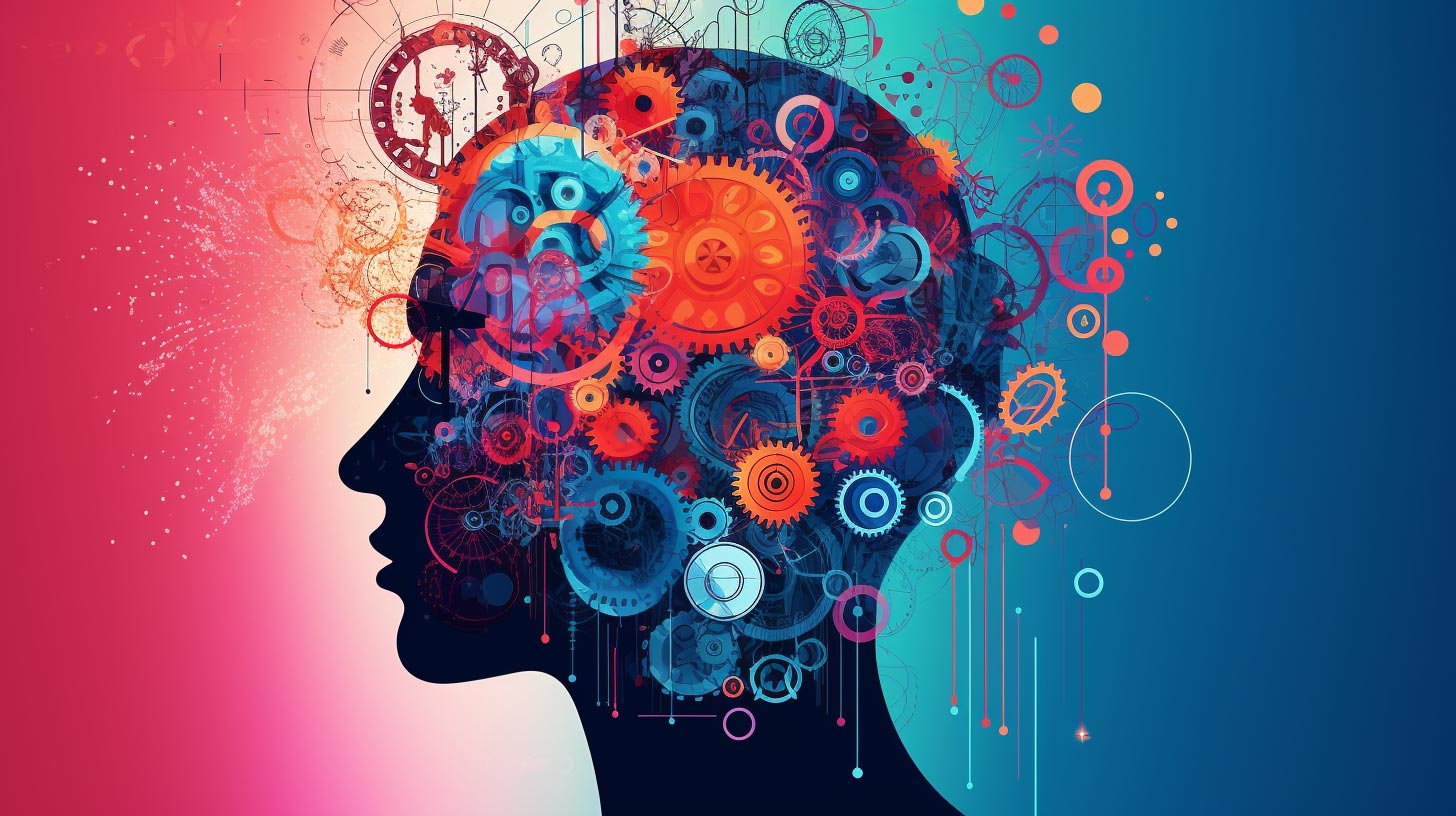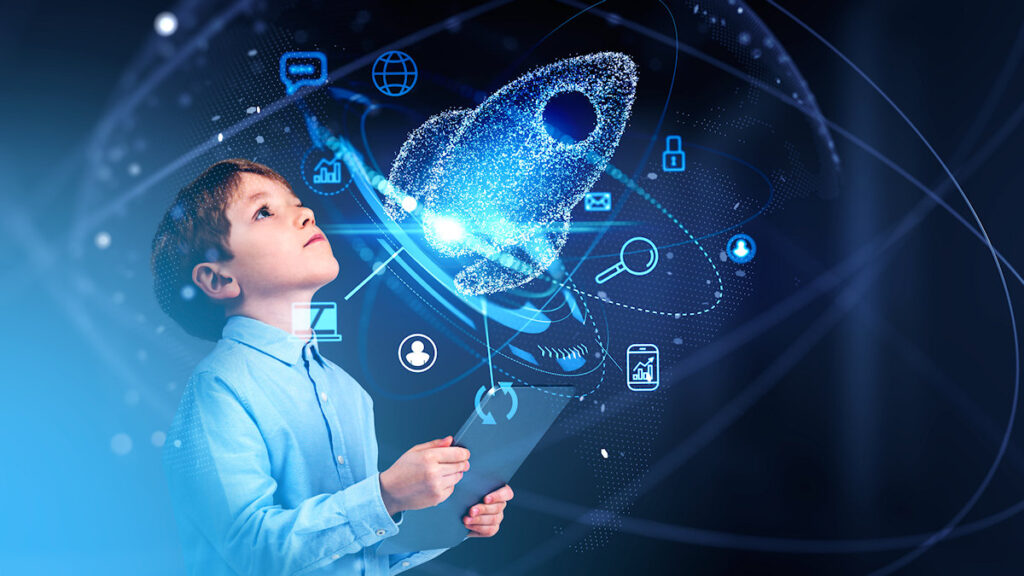In recent years, the role of artificial intelligence (AI) in personalized learning experiences has gained significant attention. As educational institutions strive to meet the diverse needs of learners, AI technologies are emerging as powerful tools that can tailor educational content and methodologies to individual preferences and learning styles. By leveraging data analytics and machine learning algorithms, AI can create customized learning pathways that enhance student engagement and improve academic outcomes.
This article will delve into the various ways AI is revolutionizing personalized learning experiences. Readers will discover how AI-driven platforms can assess a learner’s strengths and weaknesses, providing real-time feedback and adaptive learning resources. Furthermore, we will explore the impact of AI on curriculum design, enabling educators to create more relevant and effective learning materials that resonate with students. As we progress, you will also learn about the ethical considerations and challenges associated with implementing AI in education.
Join us on this enlightening journey as we uncover the transformative potential of artificial intelligence in education. Whether you are an educator, a student, or simply curious about the future of learning, this article promises to provide valuable insights and practical knowledge. Stay with us to explore how AI can not only enhance personalized learning experiences but also shape the future of education as we know it.
Artificial Intelligence (AI) is revolutionizing the educational landscape by enabling personalized learning experiences tailored to individual student needs. This article explores various aspects of AI’s role in enhancing personalized education.
Adaptive Learning Technologies
Adaptive learning technologies utilize AI algorithms to analyze student performance in real-time, allowing for a customized learning path. These systems assess a learner’s strengths and weaknesses, adjusting the content and pace accordingly. For instance, if a student struggles with a particular math concept, the AI can provide additional resources and practice problems to reinforce understanding.
This personalized approach not only enhances engagement but also improves retention rates. By catering to individual learning styles, adaptive learning technologies ensure that students receive the support they need to succeed, ultimately leading to better academic outcomes.
Intelligent Tutoring Systems
Intelligent tutoring systems (ITS) are AI-driven platforms that offer personalized instruction and feedback. These systems simulate one-on-one tutoring experiences, providing students with tailored guidance based on their unique learning profiles. For example, an ITS can identify when a student is struggling with a concept and offer hints or alternative explanations to facilitate understanding.
The effectiveness of ITS lies in their ability to adapt to the learner’s pace and style, making them a valuable tool in personalized education. By providing immediate feedback and support, these systems help students build confidence and mastery in their subjects.
Data-Driven Insights for Educators
AI can analyze vast amounts of educational data to provide insights that inform teaching strategies. By examining patterns in student performance, educators can identify trends and areas for improvement. This data-driven approach enables teachers to make informed decisions about curriculum design and instructional methods.
Furthermore, AI tools can help educators track student progress over time, allowing for timely interventions when necessary. By leveraging these insights, teachers can create a more effective and personalized learning environment that meets the diverse needs of their students.
Enhancing Student Engagement
AI technologies can significantly enhance student engagement through interactive and immersive learning experiences. For instance, gamification elements powered by AI can make learning more enjoyable and motivating. By incorporating game-like features, such as rewards and challenges, students are more likely to stay engaged and committed to their studies.
Additionally, AI can facilitate collaborative learning experiences by connecting students with peers who share similar interests or learning goals. This social aspect of learning fosters a sense of community and encourages students to take an active role in their education.
Personalized Learning Analytics
Personalized learning analytics leverage AI to provide insights into individual student performance and learning behaviors. These analytics can help identify which resources are most effective for each learner, allowing for a more tailored educational experience. For example, if a student excels with video content but struggles with text-based materials, educators can adjust their approach accordingly.
By utilizing personalized learning analytics, educators can create a more responsive and adaptive learning environment. This data-driven approach not only enhances student outcomes but also empowers learners to take ownership of their educational journeys.
The Future of AI in Education
The future of AI in education holds immense potential for further enhancing personalized learning experiences. As technology continues to evolve, we can expect more sophisticated AI tools that provide even deeper insights into student learning. Innovations such as virtual reality (VR) and augmented reality (AR) may also play a significant role in creating immersive learning environments tailored to individual needs.
Moreover, as AI becomes more integrated into educational systems, the focus will shift towards ethical considerations and ensuring equitable access to these technologies. By addressing these challenges, we can harness the full potential of AI to create inclusive and personalized learning experiences for all students.
| Aspect | Description |
|---|---|
| Definition | Artificial Intelligence (AI) refers to the simulation of human intelligence in machines that are programmed to think and learn like humans. |
| Personalized Learning | Personalized learning tailors educational experiences to individual student needs, preferences, and learning styles. |
| AI’s Role | AI enhances personalized learning by analyzing data, predicting student performance, and providing tailored resources. |
| Data Analysis | AI systems analyze vast amounts of data from student interactions to identify strengths, weaknesses, and learning patterns. |
| Adaptive Learning | AI-driven platforms adapt content and assessments in real-time based on student progress and engagement levels. |
| Feedback Mechanisms | AI provides instant feedback to students, helping them understand concepts better and adjust their learning strategies. |
| Resource Recommendations | AI algorithms recommend personalized learning materials, such as videos, articles, and exercises, based on individual needs. |
| Scalability | AI enables personalized learning at scale, allowing educators to reach a larger number of students with customized approaches. |
| Challenges | Challenges include data privacy concerns, the need for quality data, and ensuring equitable access to AI technologies. |
| Future Prospects | The future of AI in personalized learning looks promising, with advancements in machine learning and natural language processing enhancing educational experiences. |



